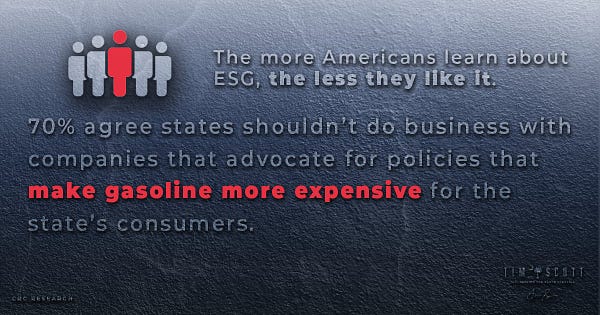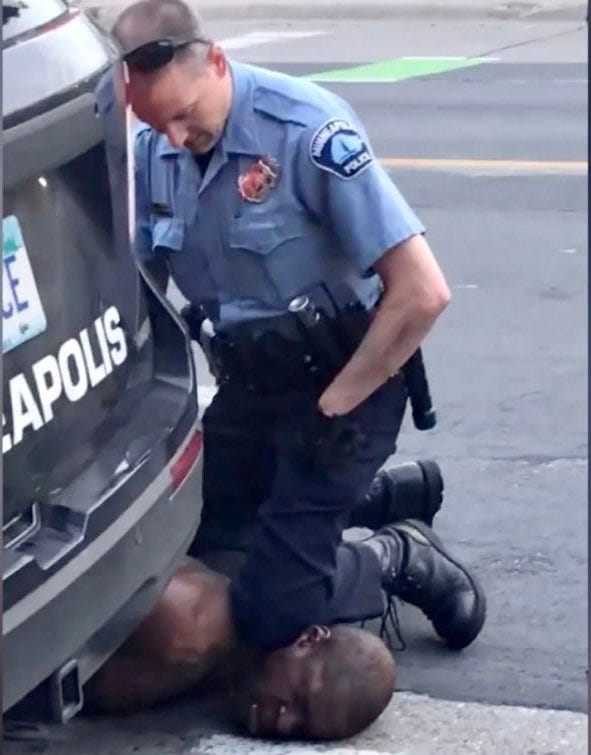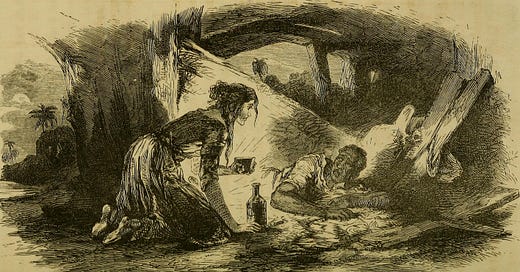Uncle Tom's cabin: or Life among the lowly, via Wikimedia Commons
171 years ago today, the novel Uncle Tom’s Cabin was published. It was written by Harriet Beecher Stowe because she felt a call to action after the fugitive slave laws passed in 1850. These laws made Northerners part of a slave catching system whether they wanted to be a part of that ordeal or not. Beecher also met a number of African Americans during her stay in 1830s and 1840s Cincinnati. The proximity to the Ohio River made it a stop for slaves attempting escape.
The novel itself follows a slave named Tom, who is bought and sold by different owners. He is referred to as “Uncle Tom,” which denotes respect for an older man in Southern dialect for Tom is viewed as a mentor to the son of the first family that owns him. The book also follows other slaves who successfully escape after horrifying experiences with rape and forced separations. I won’t spoil the ending, but a major theme, outside of publicizing the horrors of American slavery, is Tom’s impact on the White people he encounters, often encouraging them to change. This piece of literature served to expedite the growing divide between slave states and free states, for it gave a humanizing face coupled with a tragic story to be mass produced for literate global audiences.
In recent years, “Uncle Tom” has become a way for African Americans to label one another if they consider one to be selling out their brutal history in America to sanitize the experiences of slaves and appease White audiences. This is viewed to happen in a number of ways.
As time progresses, this term can also be problematic and pervert the very real accomplishments of an individual. However, there is a lot of nuances to this legacy, and it does speak to an intangible problem of giving little agency to African Americans in politics and in social affairs.
Uncle Tom’s Cabin was runner up to the bestselling book of the 19th century - the Bible.
Stereotypes Transform into a Lack of Agency in the Imaginations of Many
This novel is a reminder that anti-Black sentiments within dominant American pathologies are often expressed in our laws and in our literary canon. Though the book started as an incubator for a growing Northern coalition against industrialized chattel slavery in the American South (mainly to progress Northern manufacturing), it was also transformed into a catalyst for minstrel shows and stereotypical depictions of African Americans as lazy, subservient, and helpless. Often done to push a “Lost Cause” version of slavery.
In America, agency is sometimes not given to African Americans by other groups, mainly conservative ones. When it does happen, it usually reinforces a negative national habit of blaming African Americans for the nation’s (and their own) woes despite it being ahistorical. However, most people do believe they are acting out of goodness and rigor, and thus, a lot of the negative imaginations harbored by people can be subliminal and built up by decades of cultural, legal, and political propaganda.
An example is today’s Republican party discussion about African Americans.



Examples include trafficking in a perverted version of the term “woke”, claiming Black Americans are brainwashed by Democrats without acknowledging the party’s recent history, and believing that the GOP can grow the coalition by just demagoguing anti-intellectual rhetoric about “moving on.”
These are all products of this racist and self-aggrandizing incentive structure.
Black Americans notoriously do this to other Black Americans by using simplistic appeals about forgetting the past or the ensuing policy implications to join a political cabal that may give them a seat at the table if they say the right words that day.


(By the way, my dad went to college prematurely for his math proclivity.)





The “Dem plantation” speak and relentless attacks on Black people’s political motivations suggests that Uncle Tom’s Cabin lives on in the political imaginations and/or internalized self-hatred of many Americans. It stems from an attempt to Americanize oneself in order to profit within a nation that established classes based on racial identity, and thus, inevitably created a racial underclass in inner cities and other segregated spaces. The many ways of gaining status can make one to adopt insensitive, and often racist, views on African American history and policy to suggest there is a moral failing and/or genetic flaw that keeps them behind other American groups, not a historic animosity that goes back to Virginia’s colonial Assembly.
Many Black conservatives and elected officials working to further GOP messaging and policy goals often portray themselves as an individual that transcends a deadly groupthink that makes them able to move on from America’s racist ghosts unlike others with heavy amounts of melanin. They speak as if they are the most special.
In my opinion, Americans must both embrace the past and learn why it's okay to leave behind some of the worst moments, especially when accessing people today. We must acknowledge the psychological, economic, social, and political outcomes of centuries of dehumanizing African Americans, and it must be researched, documented, memorialized (so that it isn’t forgotten), and celebrated (as the African American experience has come so far from those dark days). Stories need to be told in morbid detail about how African Americans would be spat upon or killed by a mob for looking in the wrong direction. Some would ruin their natural features to look Whiter. Survivors braved massively violent attempts to eradicate their wealth and personhood. These stories and memories may make some uncomfortable about the racially homogenous world they still inhabit, and for some, cling onto. But the echo chambers reinforce the lack of agency given to Black people.
However, it must also be acknowledged that most Americans from the past are not like most Americans today. We travel more, we take in other global cultures a lot more, we live at a higher standard of living, and we have achieved integration in many parts of the nation (especially more populated zones). The racism that stems from today either reflects Machiavellian maneuvering or raw bubbled-in provincialism that is easily exposed in a hypermodern superpower that can attract some of the most talented people from all over the globe. These developments put into perspective why so many people just want to move on or simply believe racism is over.
But a nation that engineered its entire society around dehumanizing one set of Americans out of expedience, or hatred, is cursed with the subconscious and invisible tendencies to cast out Black Americans from memory and national stories.
This is why I consider America’s racial class system our Kryptonite.








